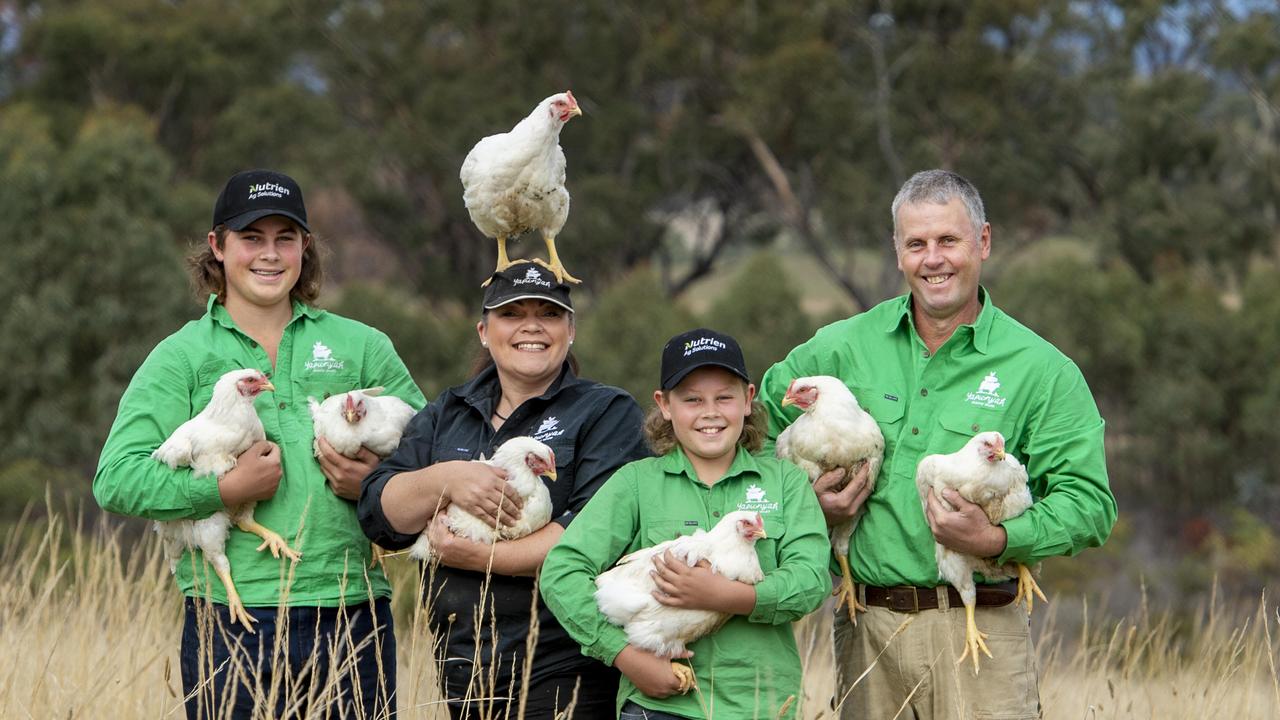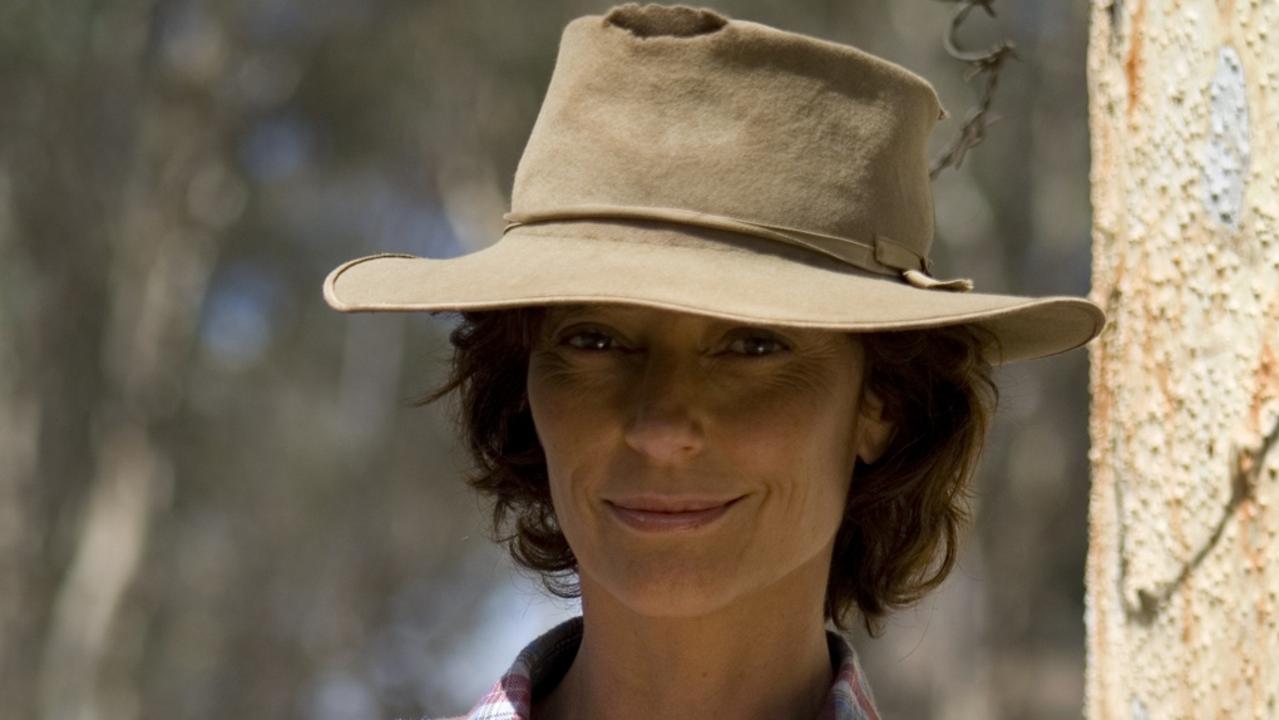What happens inside Australia’s first mobile abattoir
Provenir has given Farm magazine an up-close view of the slaughter process inside their groundbreaking mobile on-farm unit.
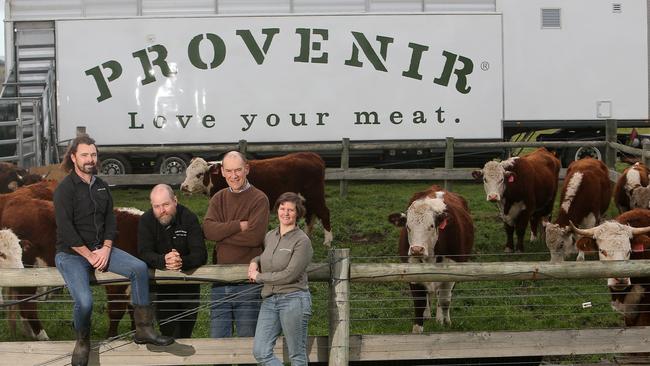
As steam rises from a skinned cattle carcass, vet and Provenir co-founder Phil Larwill carefully removes internal organs.
Meanwhile, just outside the converted semi-trailer that houses a mobile slaughter unit, Provenir chief executive Chris Balazs is quietly herding another steer up the ramp.
This scene took place last July on Chris’s Bannockburn farm during the red meat processing company’s first on-property cattle slaughter in Victoria. The action all unfolded in the first vehicle ever to be licenced as an abattoir in the state.
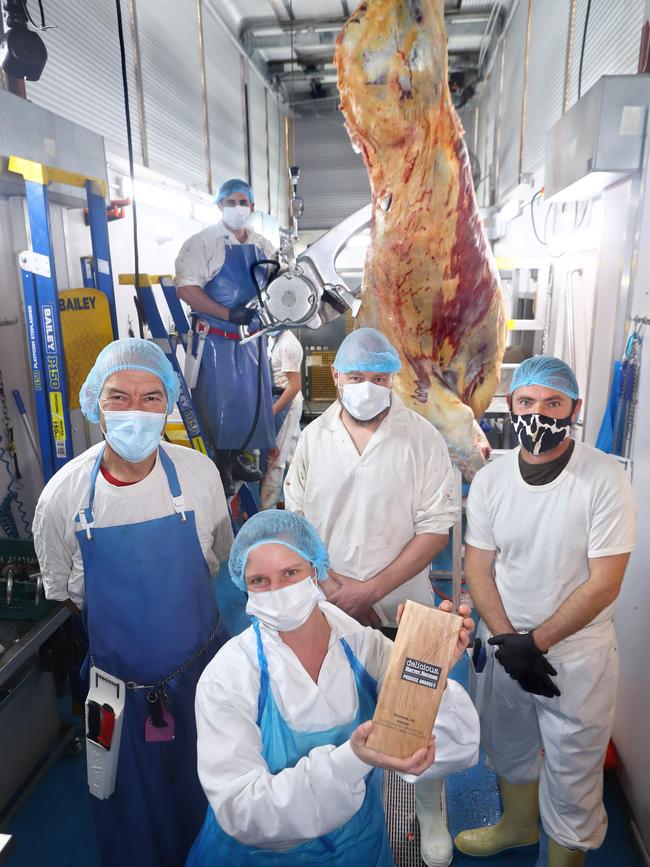
Given the privilege to watch up close, as the company co-founders – a farmer, a chef and a vet – manned the tools, it was clear animal welfare was the top priority.
Chris, Phil, and fellow co-founders, chef Christopher Howe, marketing expert Jayne Newgreen and Townsville barrister Merissa Martinez, run the pioneering company, which started processing cattle through its mobile unit on NSW farms in 2019.
When the team of five first came up with their business plan in 2017, laws in Victoria were a huge barrier to their success. Strict regulations meant vehicles could not gain approval to operate as abattoirs.
“That was a real make-or-break hurdle,” Chris says, reflecting back. “We either had to win that battle or we couldn’t operate in Victoria.”
After relentless advocacy work by Chris, Victoria’s Meat Industries Act was amended in 2019, paving the way for licensing and expansion.
Since then, 20 Victorian beef producers have jumped on board, bringing their supplier total to 41 cattle farmers so far.
The company’s main aim is to remove the need for live animal transport, giving farmers complete control over their stock to the point of slaughter, and providing customers with premium quality meat that hasn’t been subjected to stress.
“As a business, we’ve had some great success, we’ve had a lot of interest, consumers have jumped on board, as have chefs as well,” says Chris, explaining their sales mix is 39 per cent retail, 34 per cent food service and 13 per cent online directly to consumers.
“The big hurdle now is can we take this niche concept and turn it into – I’m not going to say mainstream – but a broader niche product.
“We are pretty much micro-niche now. In the space of one year, we do (equivalent to) a morning shift of a large abattoir.
“They will do 2500-3000 head a day, and I think we have just ticked over 1300 for the year.”
THE SLAUGHTER PROCESS
On farms, cattle come quietly into Provenir’s mobile unit. Coaxed by farmers’ low-stress handling, cows amble up a ramp, attracted to the view of pasture out a Perspex window opposite the entry door.
Once inside, the animal is immediately restrained without fuss, using specially designed automatic belly pads.
A member of the Provenir team stands ready with a captive bolt – industry-speak for an irreversible stun gun. Then the stun and stick happens in quick succession.
“The end is very, very quick. And it is 100 per cent,” says Chris, explaining it takes less than 10 seconds between stunning an animal and “the stick” – the term for killing livestock by severing the major blood vessels close to the heart. In large-scale abattoirs, he says the stun-to-stick time gap could be anywhere from 90 seconds to three minutes.
Chris and the founders often manned the unit themselves during the early months, as the company built up staff. They leave the work to a processing team led by meat inspector James Goodgame these days.
“It is always strange talking about animal welfare in the process of killing the animal,” Chris says. “Having done it for a number of years now, I can see how vitally important it is for welfare of stock, staff and quality of the meat.”
During the process, there’s a palpable sense of respect for the cattle that minutes earlier were munching grass in a paddock.
After organs are removed and the team checks for signs of disease, the farm, age, gender and state of the carcass are recorded digitally, and a tag with a QR code is affixed to the side of beef.
The tag tracks Provenir meat through the supply chain, as it travels from the farm as half carcasses to Provenir’s hub in Victoria, where it is butchered into cuts, then delivered across the eastern seaboard.
THE FARMERS
The producers who supply Provenir all champion regenerative agriculture principles and high animal welfare standards. They are equally passionate about maximising the quality of their beef.
Holbrook cattle farmers Bill and Joy Wearn run Mulgoa Pastoral, and have supplied about 500 cattle to Chris’s team over the past two years.
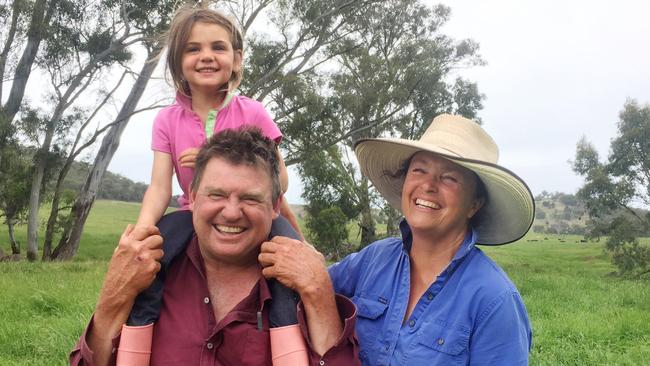
“Their vision aligned with what we wanted to do,” says Bill, who runs 1500 Rennylea Angus cows and a flock of 4000 ewes on 6000 hectares. “When you put your animals on a truck and they go off farm, you lose complete control.
“Being responsible for that final destination completes the circle.”
Provenir meat inspector James Goodgame provides near-immediate feedback about carcass quality and animal health to farmers, which Bill says is invaluable, especially to a breeding operation.
“If there are any internal health issues … there is a meat inspector there and you get feedback straight away or in the week after,” he says. “Also, the yield is a lot better.”
The company’s unique provenance tracking system is an aspect of the business that wins over many producers.
Marketing officer Jayne Newgreen has been the driving force behind the “digital provenance platform”, which allows buyers and chefs to scan a QR code on packaging and learn about the farmers who produced each cut of meat.
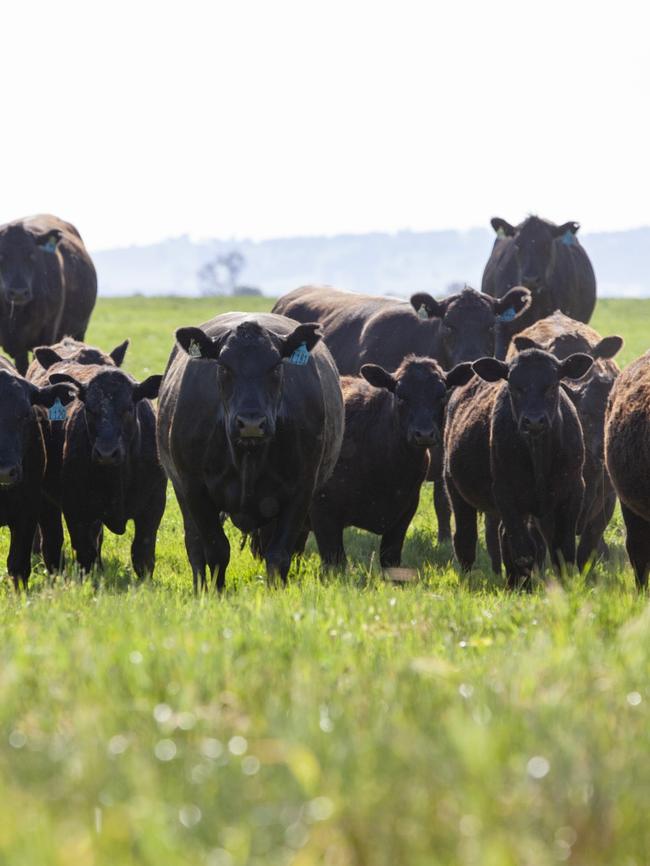
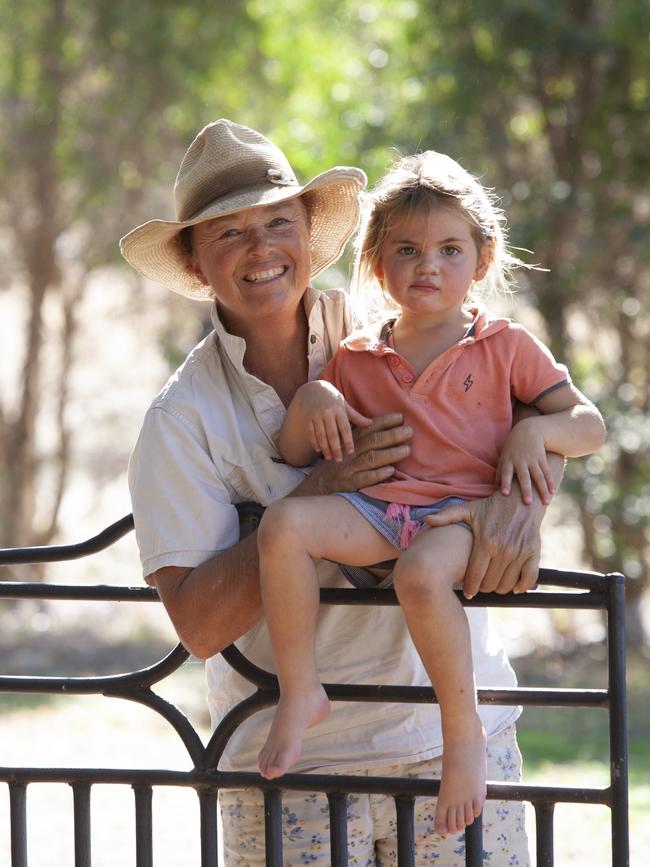
“It is a feedback loop that comes back to the slaughter people, our team and the farmers themselves,” Jayne says. “We are focusing on partnering with regenerative farmers. They are the hero of our story.
“We knew it was important to share that story with the people who are eating the meat.”
Western District farmers Sarah and Tim Whinney say the traceability platform was part of the reason they decided to supply Provenir.
“We share the same values and ethics as Provenir,” Sarah says. “We both aspire to have a positive environmental impact, keep livestock in a state of low stress and provide healthy food for people.
“Provenir also provides full traceability and the opportunity to co-brand our beef produce, so we can share our story with people that eat our beef.”
MORE
PRIMESAFE GRANTS PROVENIR FIRST VICTORIAN LICENCE

